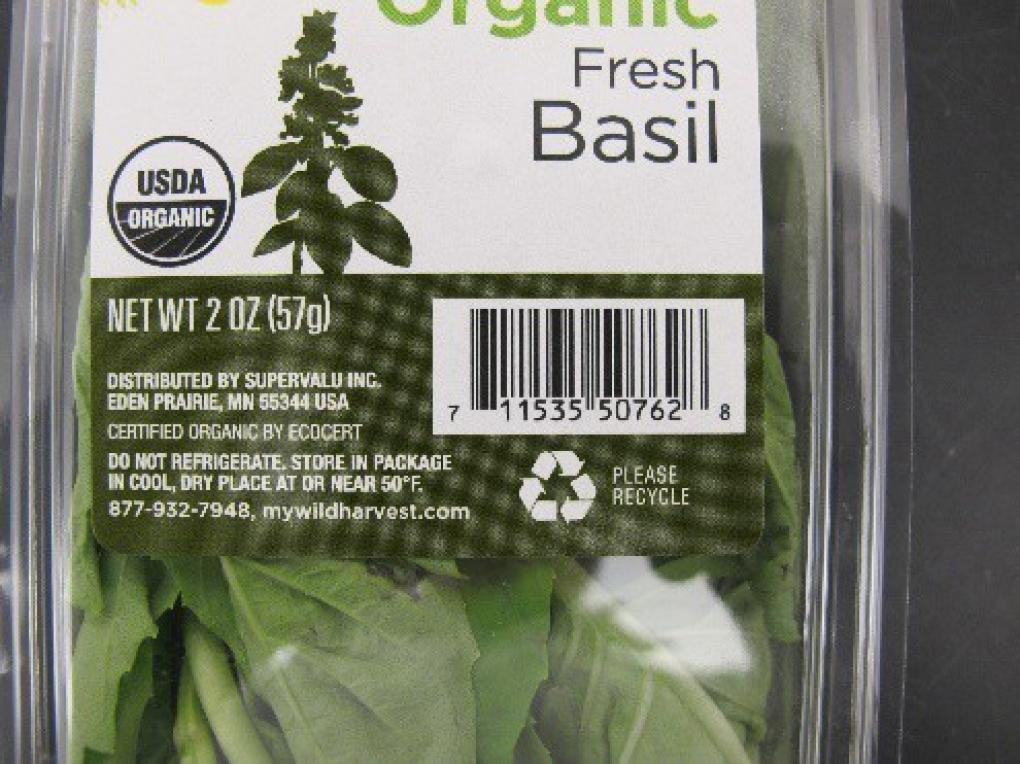An isothermal amplification technique, termed multiple cross-displacement amplification (MCDA), has been developed to detect Salmonella at the species level. Seven MCDA assays were developed and evaluated for rapid detection and differentiation of the five most common Salmonella serovars in Australia: Typhimurium, Enteritidis, Virchow, Saintpaul, and Infantis. The sensitivity and specificity of the seven MCDA assays were evaluated using 79 target strains and 32 non-target strains. The assays were all highly sensitive and specific to target serovars. The sensitivity obtained ranged from 92.9% to 100% and the specificity from 93.3% to 100%. The limit of detection of the seven MCDA assays was 50 fg per reaction (10 copies) from pure DNA, and positive results were detected in as little as 8 minutes. These seven MCDA assays offer a rapid, accurate, and sensitive serotyping method. The tests could be used for culture-independent serotyping of common Salmonella serovars directly from clinical samples. @https://www.sciencedirect.com/science/article/pii/S1525157820300507




